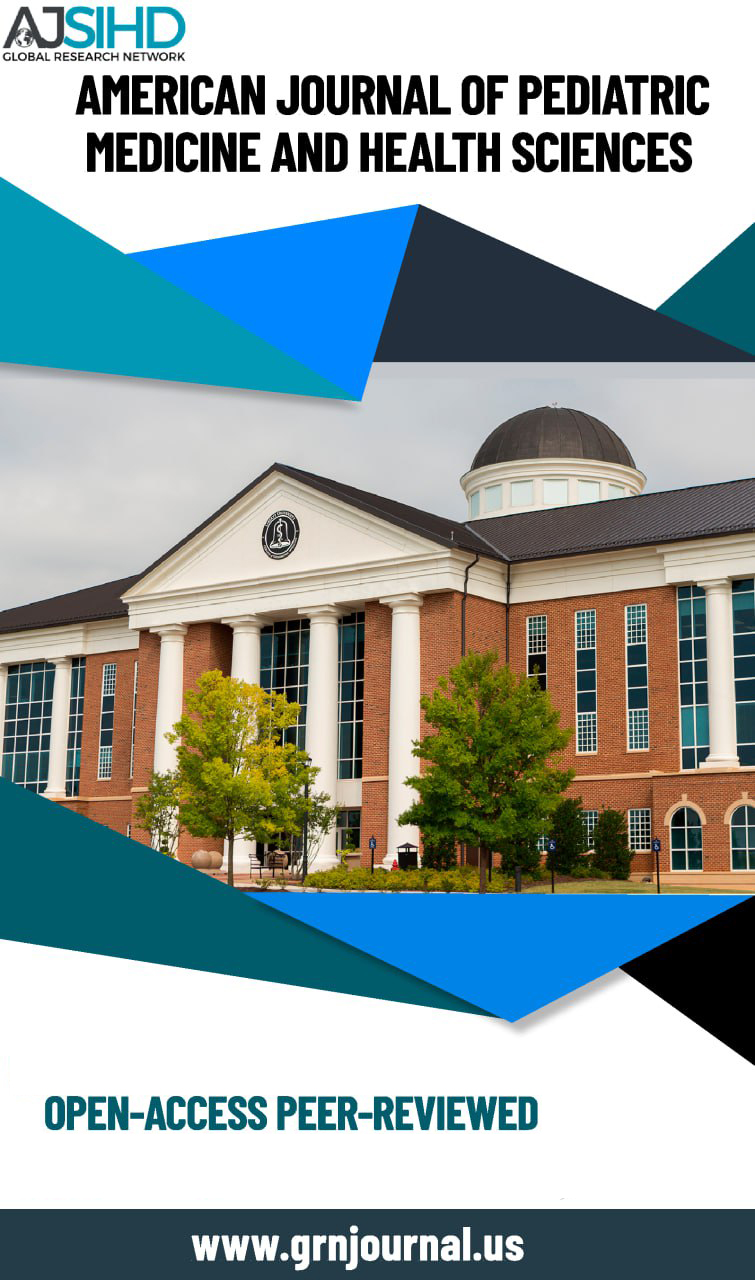Chronic Cerebral Ischemia and Cardiac Arrhythmias
Keywords:
ischemic stroke, cardiocerebral embolismAbstract
The article discusses the role of heart rhythm disturbances in the development of different types of ischemic stroke. In the pathogenesis of cardioembolic stroke, the paroxysmal form of atrial fibrillation is important and independent. In the development of hemodynamic stroke, one of the decisive factors is transient bradyarrhythmia due to atrioventricular block and sick sinus syndrome, as well as deterioration of left ventricular contractility due to transient myocardial ischemia. It has been shown that bradyarrhythmia and ventricular extrasystole, associated with a high risk of coronary complications and life-threatening for the patient, may not correlate with the severity of neurological deficit. In patients with cardiogenic ischemic stroke, in almost 40% of cases, pathogenetically significant cardiac arrhythmias are asymptomatic . The possibility of a hidden course of cardiac arrhythmias and episodes of myocardial ischemia, their detection in some cases only after the development of neurological symptoms and the impact on the course of the disease determine the importance of timely registration of these changes to optimize treatment tactics.



